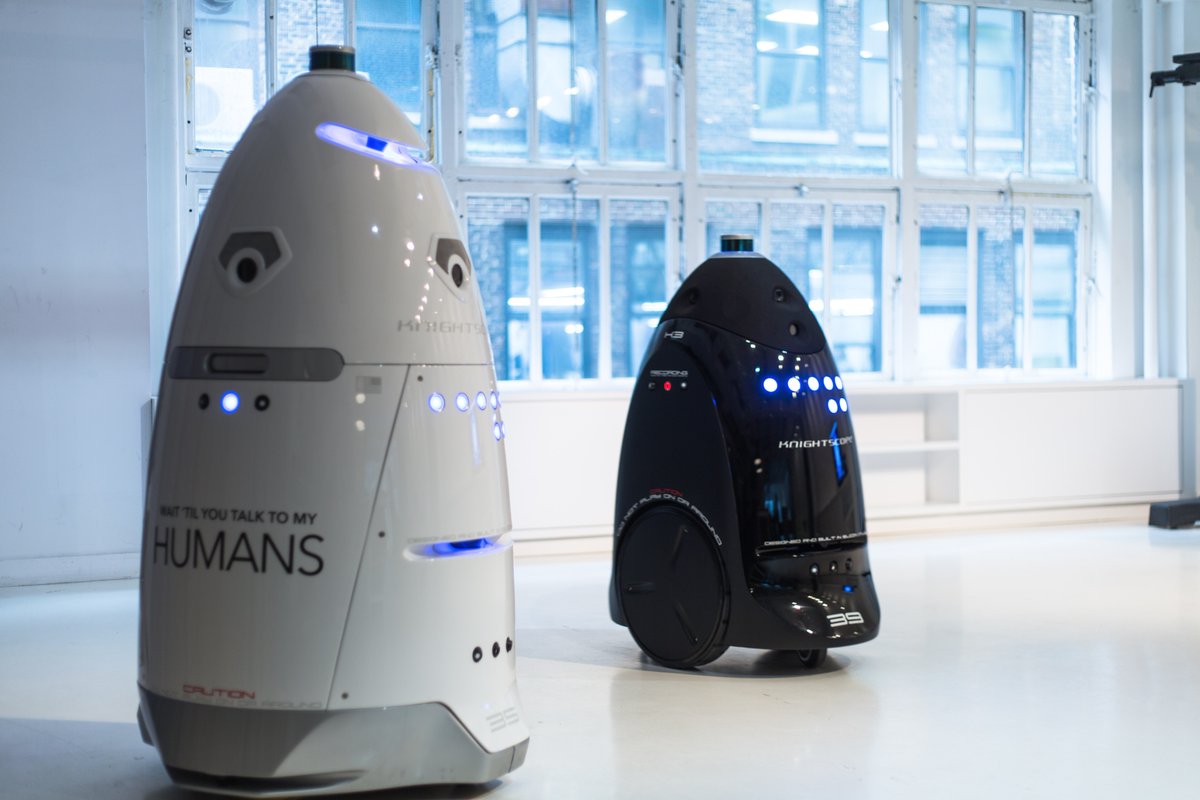Twitter reacts to 'suicidal' security robot
Support pours in for a Washington-based security droid that drowned itself

A free daily email with the biggest news stories of the day – and the best features from TheWeek.com
You are now subscribed
Your newsletter sign-up was successful
A security robot used to patrol the grounds of a company in Washington DC has seemingly "drowned itself" by falling into water fountain.
Twitter user Bilal Farooqui posted an image of the robot, which patrols the area outside of his work, saying: "We were promised flying cars, instead we got suicidal robots."
Support for the Knightscope-made security droid poured in, with some setting up a "memorial" by laying down flowers and candles at the scene.
The Week
Escape your echo chamber. Get the facts behind the news, plus analysis from multiple perspectives.

Sign up for The Week's Free Newsletters
From our morning news briefing to a weekly Good News Newsletter, get the best of The Week delivered directly to your inbox.
From our morning news briefing to a weekly Good News Newsletter, get the best of The Week delivered directly to your inbox.
The robot, widely referred to as "Steve", had not shown any signs of depression - unlike Marvin from A Hitchhiker's Guide to the Galaxy. One user suggests that the robot may have been so "bored" it killed itself.
Some identified another example of a cartoon predicting the future, much like an episode of The Simpsons from 2000 that joked about Donald Trump becoming US president. Futurama, a show from the same creators, seems to have foreseen robot suicide.
While Elon Musk, founder of Tesla and SpaceX, recently said that robots posed a "fundamental risk to the existence of human civilisation", others presented the suicidal droid as a counter-argument.
But at least one Twitter user is till hoping for an uplifting plot twist.
A free daily email with the biggest news stories of the day – and the best features from TheWeek.com